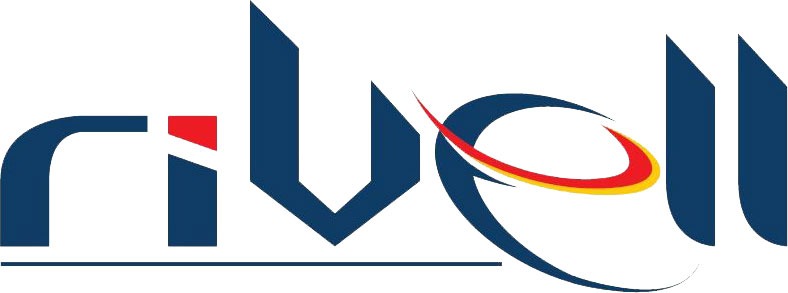Whether you’re an individual entrepreneur, organization, or business, you’d know that your website is a crucial part of your digital identity. It’s one of the best ways to increase visibility, credibility, trust, and the ability to engage with customers and clients. A website can also be a cost-effective way to market your products or services.
However, your job continues even after launching your website to the public domain. You must also educate yourself on the different web hosting terms to help you make the best choice for your site.
This article will enumerate ten web hosting terms IT consulting companies want you to know.
1. Bandwidth
It measures the amount of data you can send and receive across a website. IT professionals usually quantify it in bits per second (bps), and it determines how quickly a visitor can access a website. For instance, a site that gets many visitors daily will need more bandwidth to load quickly.
2. Control Panel
It’s a web-based portal you can use to manage your hosting account. You can easily create email addresses, install scripts, and establish databases using the control panel. While many web hosting companies offer personalized control panel software, the cPanel is the most widely used option.
3. CPU
This term is short for Central Processing Unit. It’s responsible for carrying out instructions. The CPU interprets and executes instructions, processes data, and calculates results while working together with other parts of the device. It can run multiple tasks simultaneously, depending on the number of cores it has.
A single-core CPU can only handle one job each, while a quad-core CPU can execute four functions simultaneously.
4. Disk Space
It’s the amount of storage space on a server that a website can use. IT professionals measure it in gigabytes, which is essential in storing the website’s files like images, videos, and HTML. Most websites need one to two gigabytes of disk space to run correctly.
5. Domain
It’s a specific address that identifies a web page online. It has two or more pieces, where periods usually divide them. The section before the period (www) is the subdomain, and the period after the period ).com) is the top-level domain (TLD).
People can register a website’s domain with different TLDs like .com, .net, .org, and .info. On the other hand, TLDs for specific websites like .gov and .edu are only suitable for governmental and educational websites, respectively.
6. Managed or Unmanaged Hosting
Managed web hosting means a company or another individual will handle the website’s technical aspects, such as security, updates, and maintenance. This option allows website owners to focus on other aspects of their business.
On the other hand, unmanaged web hosting means the business is responsible for setting up, running, and maintaining the website. This service works best for companies that can run their website independently.
7. Operating Systems
These systems manage the computer’s hardware and software. Windows, macOS, and Linux are the three most common desktop operating systems, while Windows Server, IBM AIX, and Linux are the most common server operating systems.
8. Server
It’s a computer that stores websites and makes them available online. Web servers are the most common type for hosting sites, and Apache and Nginx are some of the popular web servers.
9. SSL
It’s short for Secure Sockets Layer. SSL is a protocol to encrypt communication between a web browser and a web server, protecting users’ sensitive information.
10. Uptime and Downtime
Uptime is when a web hosting service runs, while downtime is when it’s not running. Ask your provider about an uptime guarantee before signing up for their service.
The Bottom Line
Website owners must educate themselves about the different web hosting terms to make the best choices for their digital marketing tools. It’s also wise to work with a reputable IT consulting company.
Rivell is a Best Cloud Hosting Services provider in New Jersey with a reliable cloud host. Work with us today, and let’s help you run a successful website!











